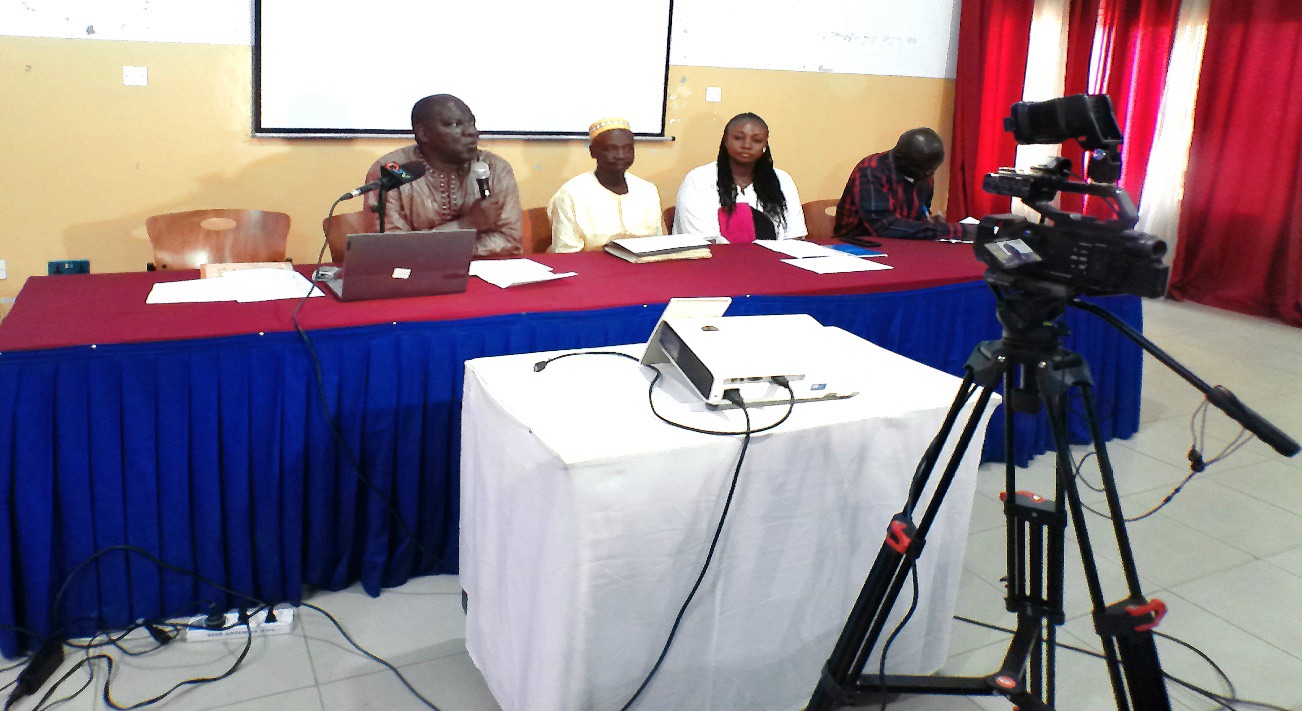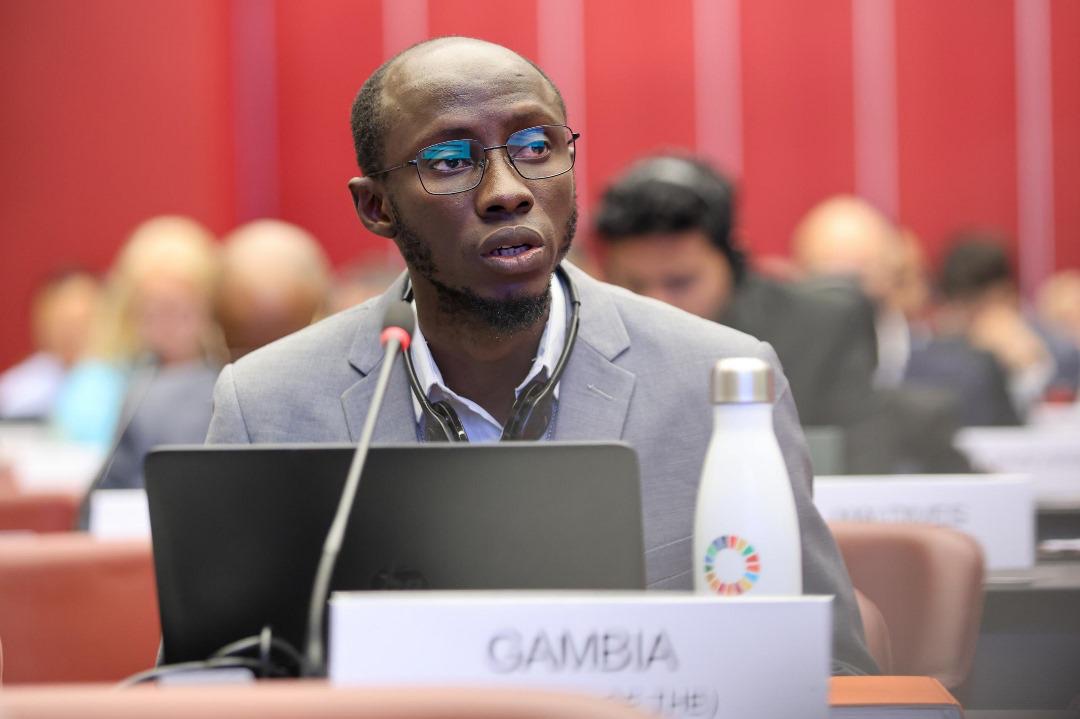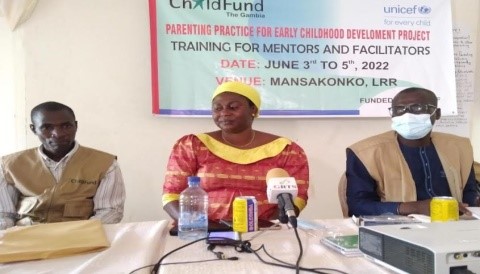By Yunus S Saliu
The Curriculum Research Evaluation and Development Directorate (CREDD) of the Ministry of Basic and Senior Education (MOBSE) on Monday commenced a three-day training for religious education teachers on Comprehensive Health Education (CHE) as part of the recommendations of theMidline Research Findings report.
The training, underway at the NaNA Conference Centre inBakau, brought together over 80 Christian and Islamic religious teachers drawn from 43 schools across Region 1.
The topics covered on day one included sexual and reproductivehealth under sub-topics anatomy and physiology, puberty and reproduction, menstruation, pregnancy prevention, unsafe abortion, contraceptive utilization, sexual and reproductive health law, issues, and education.
On day two, participants will be trained on sexual behavior under sub-themes STI/HIVs, GBV, societal and cultural values and attitudes, guidance and counseling, and life skills and there will be a presentation on the CHE project.
Day three will feature interpersonal relationships and communication, simulation exercise, evaluation, and breakouts/group work.
Speaking at the opening ceremony of the training, MomodouJeng, Director of Curriculum Research Evaluation and Development Directorate (CREDD) congratulated the CHE team, especially for inviting and training the school religious teachers which, he described, as unique for the Christian and Islamic teachers in the Gambian schools.
He explained that the project is addressing the critical issue of how to intervene to address the gaps around CHE or reproductive knowledge gaps through education.
He thanked the IDRC Canada for funding the CHE project.

Mr. Jeng informed the teachers that if they fail to address CHE-related issues, the consequences will be detrimental to the youth which include the rise of early marriage, illegal abortion and the spread of STIs which, he pointed out, will cause drawbacks in the delivery of education in The Gambia.
He explained that some of the data from the conducted baseline and recent midline research report showed that out of over 1500targeted students, half of them do not know how, when, and where a girl can get pregnant.
“This is amazing,” he added.
He further explained that 85% of them have knowledge about HIV/AIDS but only a few of them; 17%, know about STIs such as syphilis and gonorrhea.
“This is not only affecting them but also affecting probably their family members. But this will create a great opportunity or increase their knowledge when you teach them about how these STIs can be contracted,” said Mr. Jeng.
He stated that research data revealed that few students have access to health providers.
“About 36% of the students said they ever have interaction with the health providers to give them information about CHE in their schools. And then as religious teachers, the data state that only 14% of the students reported that they have any activities coordinated by the religious teachers or teachers around comprehensive health education,” he said.
“I said the training is important so that you can include it in your activities as abstinence is critical, gender-based violence and how to address it, teenage pregnancy is increasing, and so on. If we do this, we will reduce them and we will be able to increase our children’s performances in school,” he added.
Madam Phebian Ina Grant Sagnia, Principal Investigator of the CHE project applauded the religious teachers for their attentiveness and making the training important in their course of duties.
She reiterated that the training is based on the recommendations and their requests during the dissemination of the midline research report.
“And this is in fulfillment of our promise because it is part of our intervention package,” she added.





